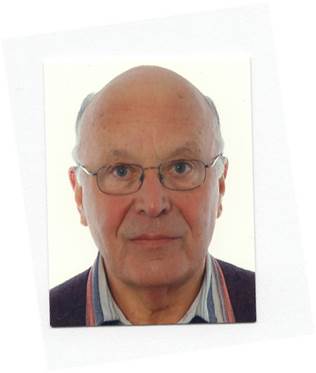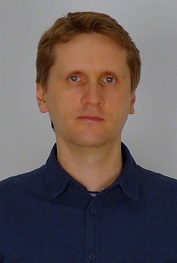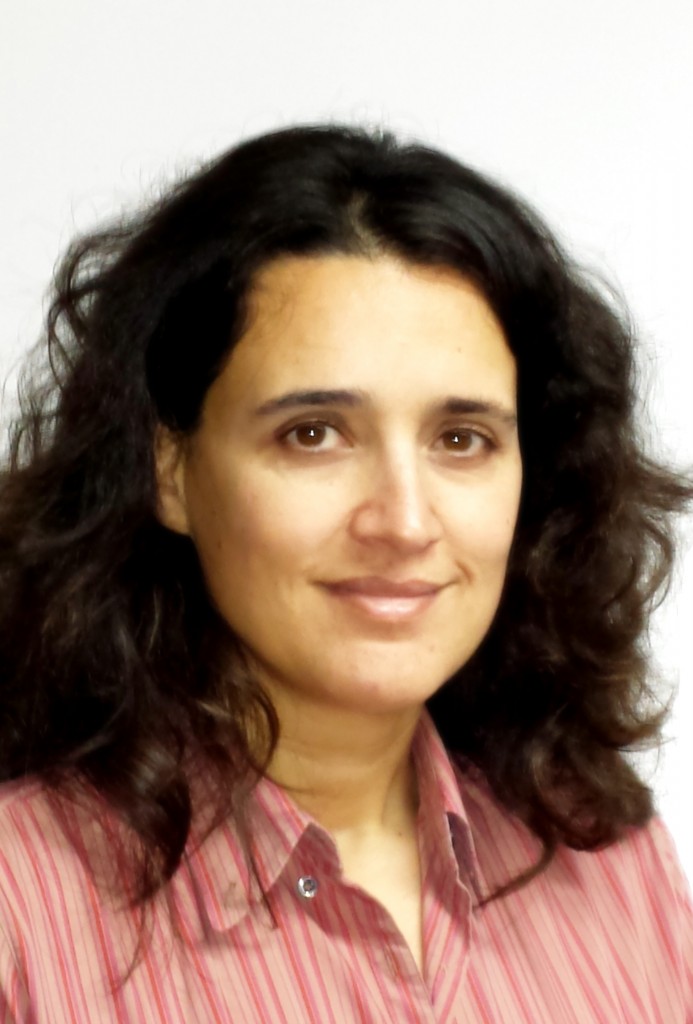
|
Title: Self-reconfiguring distributed vision
Assistive technologies, environmental monitoring, search and rescue operations, security and entertainment applications will considerably benefit from the sensing capabilities offered by emerging networks of wireless cameras. These networks are composed of cameras that may be wearable or mounted on robotic platforms and can autonomously sense, compute, decide and communicate. These cameras and their vision algorithms need to adapt their hardware and algorithmic parameters in response to unknown or dynamic environments and to changes in their task(s), i.e. they need to self-reconfigure. Cooperation among the cameras may lead to adaptive and task-dependent visual coverage of a scene or to increased robustness and accuracy in object localization under varying poses or illumination conditions. In this talk I will cover challenges and current solutions in self-reconfiguring distributed vision using networks of wireless cameras. In particular, I will discuss how cameras may learn to improve their performance. Moreover, I will present recent methods that allow cameras to move and to interact locally forming coalitions adaptively in order to provide coordinated decisions under resource and physical constraints.
Andrea Cavallaro
Andrea Cavallaro is Professor of Multimedia Signal Processing and Director of the Centre for Intelligent Sensing at Queen Mary University of London, UK. He received his Ph.D. in Electrical Engineering from the Swiss Federal Institute of Technology (EPFL), Lausanne, in 2002. He was a Research Fellow with British Telecommunications (BT) in 2004/2005 and was awarded the Royal Academy of Engineering teaching Prize in 2007; three student paper awards on target tracking and perceptually sensitive coding at IEEE ICASSP in 2005, 2007 and 2009; and the best paper award at IEEE AVSS 2009. Prof. Cavallaro is Area Editor for the IEEE Signal Processing Magazine and Associate Editor for the IEEE Transactions on Image Processing. He is an elected member of the IEEE Signal Processing Society, Image, Video, and Multidimensional Signal Processing Technical Committee, and chair of its Awards committee. He served as an elected member of the IEEE Signal Processing Society, Multimedia Signal Processing Technical Committee, as Associate Editor for the IEEE Transactions on Multimedia and the IEEE Transactions on Signal Processing, and as Guest Editor for seven international journals. He was General Chair for IEEE/ACM ICDSC 2009, BMVC 2009, M2SFA2 2008, SSPE 2007, and IEEE AVSS 2007. Prof. Cavallaro was Technical Program chair of IEEE AVSS 2011, the European Signal Processing Conference (EUSIPCO 2008) and of WIAMIS 2010. He has published more than 130 journal and conference papers, one monograph on Video tracking (2011,Wiley) and three edited books: Multi-camera networks (2009, Elsevier); Analysis, retrieval and delivery of multimedia content (2012, Springer); and Intelligent multimedia surveillance (2013, Springer).
|



